Best Seasons for Galvanized Fence Painting
Determining the optimal time for galvanized fence paintings depends on weather conditions, temperature, and humidity. Painting during periods of mild, dry weather ensures better adhesion and longer-lasting results. Typically, late spring and early fall are considered ideal seasons, avoiding extreme temperatures and moisture.
Proper preparation and timing are essential for achieving durable finishes on galvanized surfaces. Painting in suitable weather conditions prevents issues like peeling, bubbling, or corrosion. Monitoring local climate patterns can help identify the best windows for application.
Paint should be applied when temperatures are between 50°F and 85°F for best results. Extreme cold can hinder adhesion, while excessive heat may cause rapid drying.
Low humidity levels reduce the risk of moisture-related problems. Avoid painting during or immediately after rain or heavy dew.
Spring and fall are generally preferred for galvanized fence painting due to moderate weather conditions.
Ensure the galvanized surface is clean and dry before painting, which is easier during dry periods.
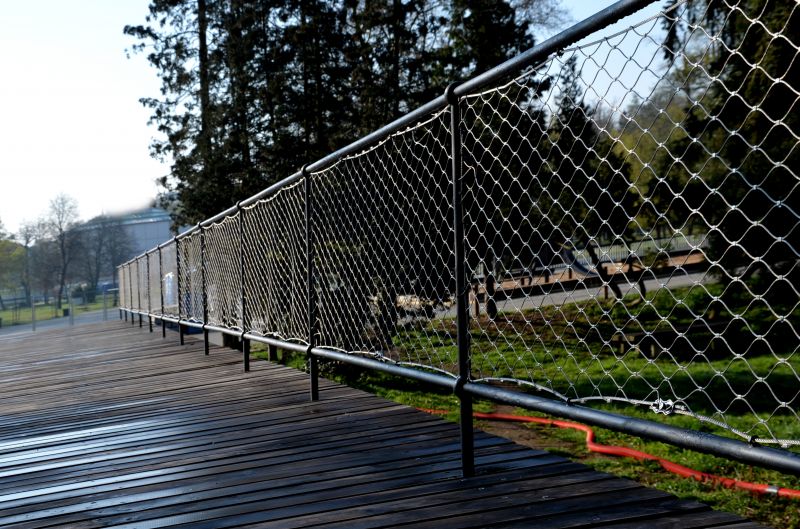
Optimal weather conditions in spring facilitate better adhesion and durability.
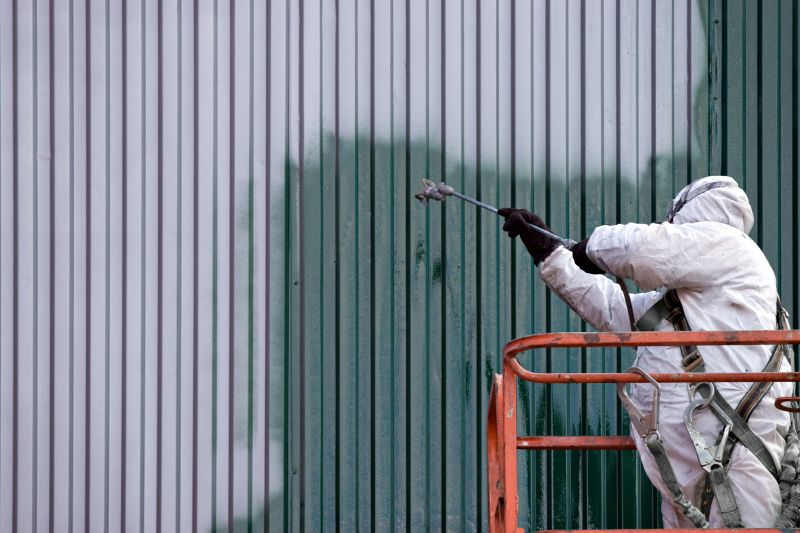
Late fall offers moderate temperatures ideal for galvanized surface painting.
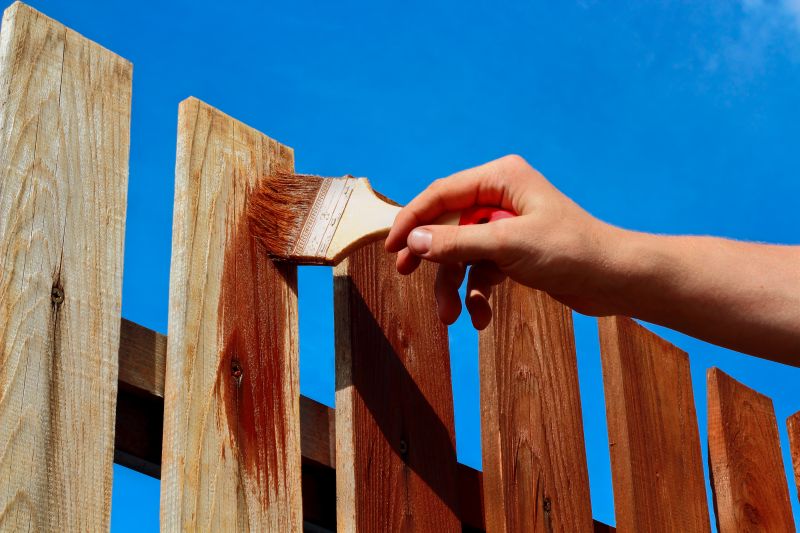
Dry days ensure proper surface preparation and paint adhesion.
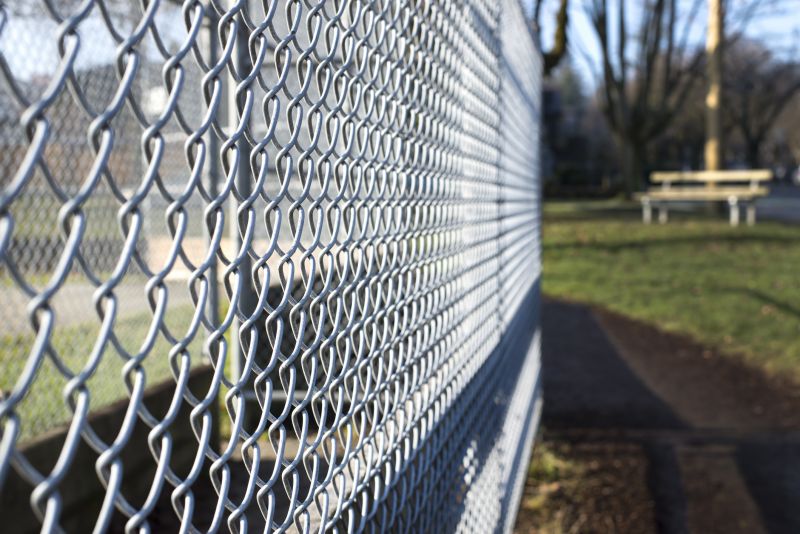
Ways to make Galvanized Fence Paintings work in tight or awkward layouts.
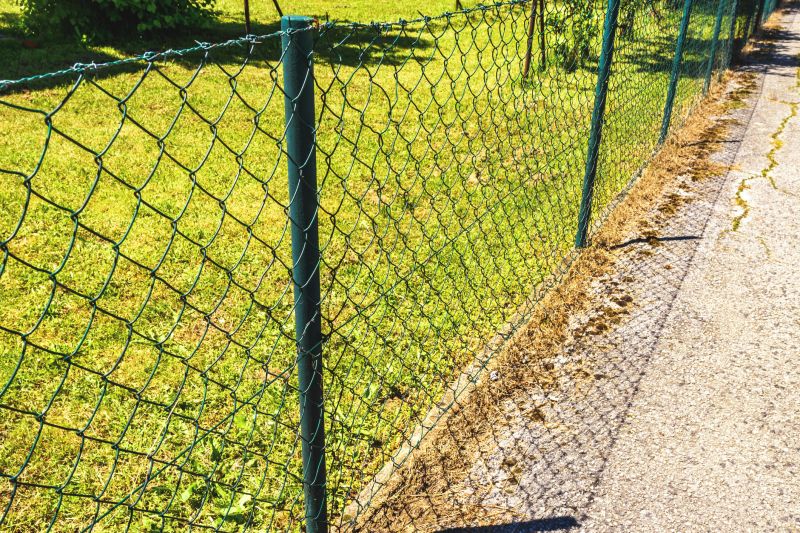
Popular materials for Galvanized Fence Paintings and why they hold up over time.
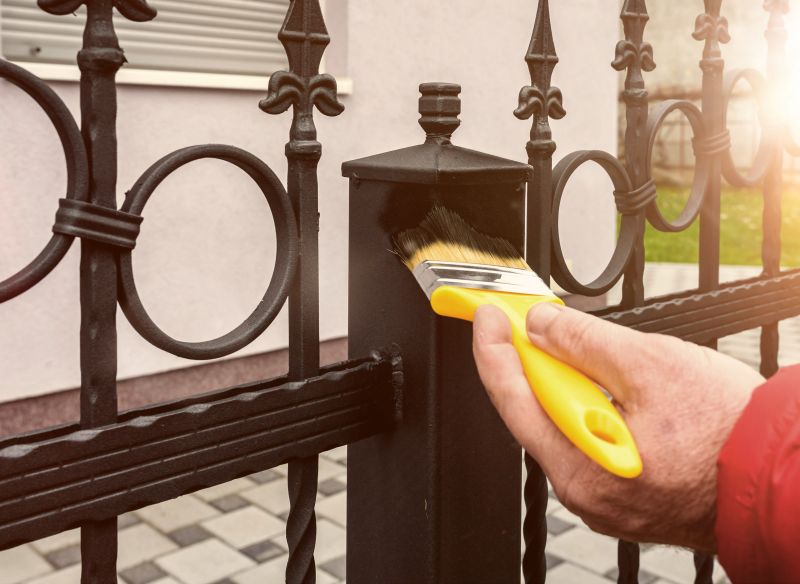
Simple add-ons that improve Galvanized Fence Paintings without blowing the budget.
| Season | Recommended Conditions |
|---|---|
| Spring | Mild temperatures, low humidity, dry weather |
| Summer | Early morning or late evening, avoid extreme heat |
| Fall | Cool, dry days with moderate humidity |
| Winter | Not recommended due to cold temperatures and moisture |
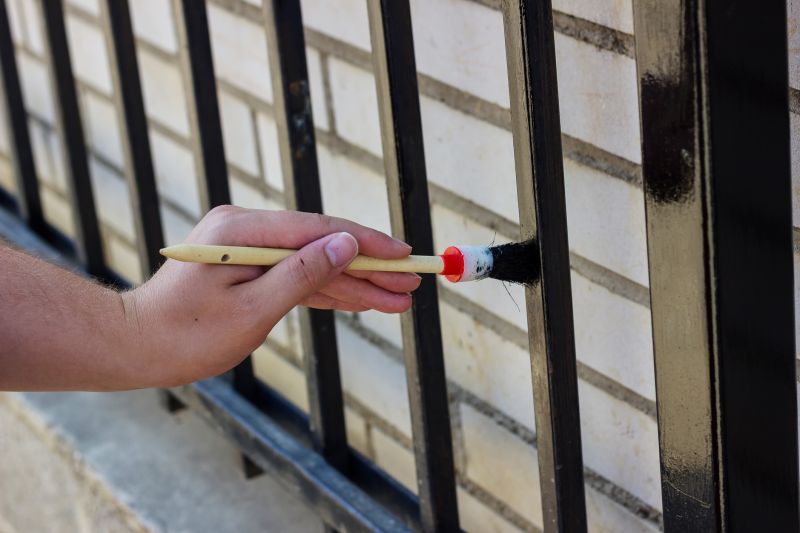
Spring offers ideal conditions for durable paint application.
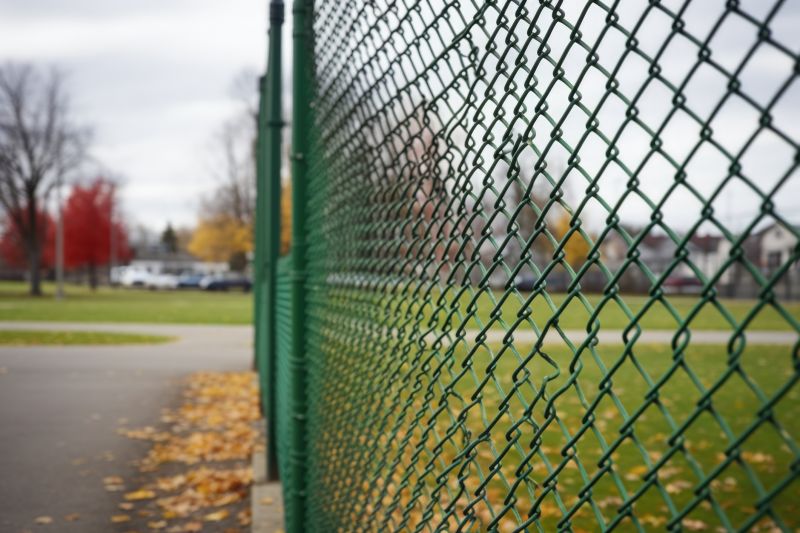
Late fall provides moderate temperatures suitable for fencing projects.
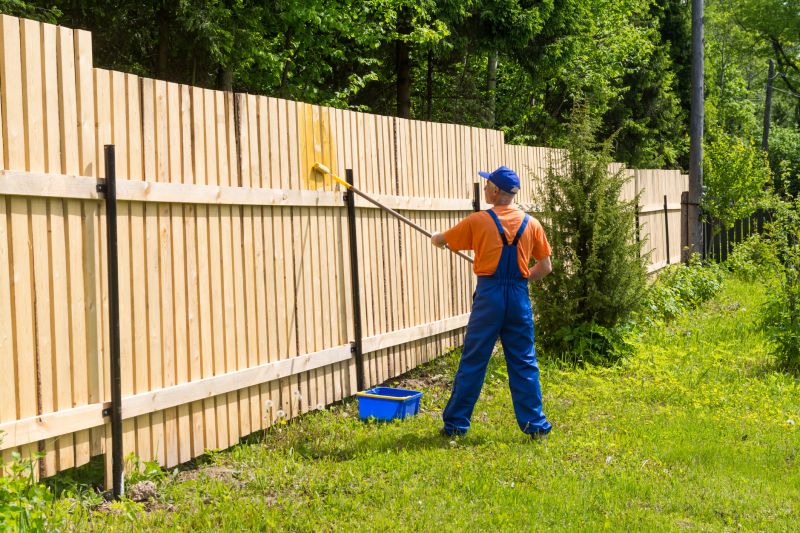
Choosing days with stable weather enhances finish longevity.
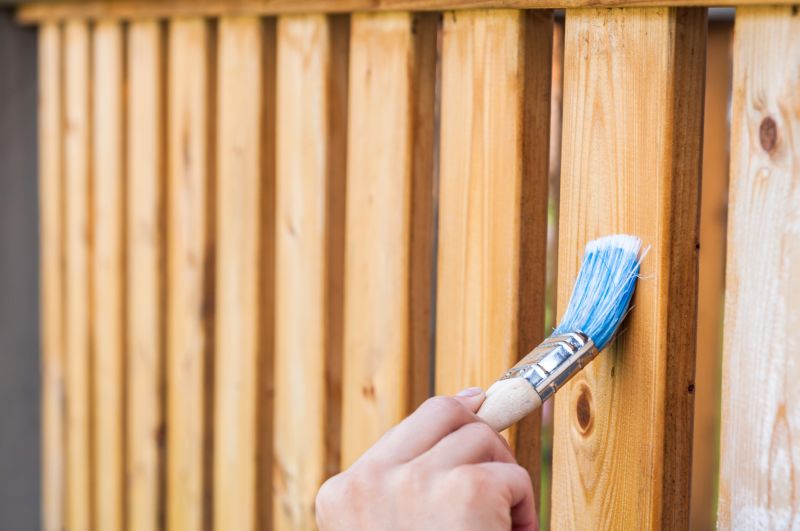
Timing surface preparation with suitable weather ensures optimal results.
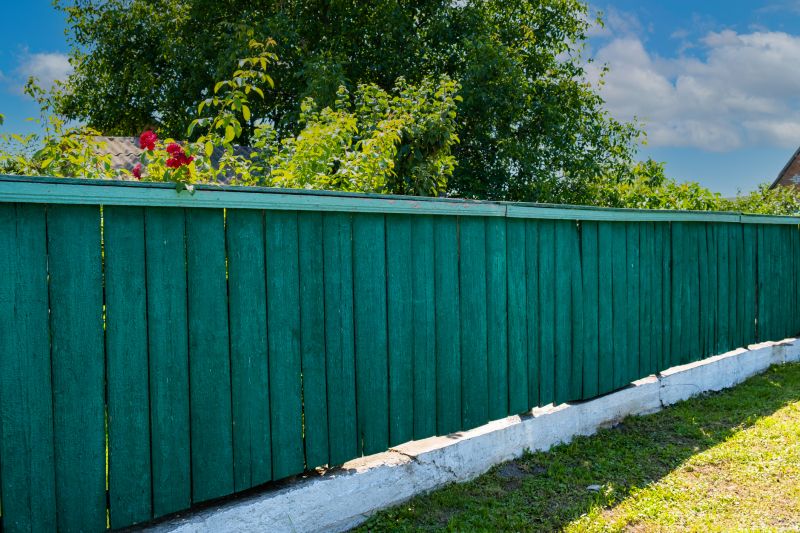
Finishes and colors that play nicely with Galvanized Fence Paintings.
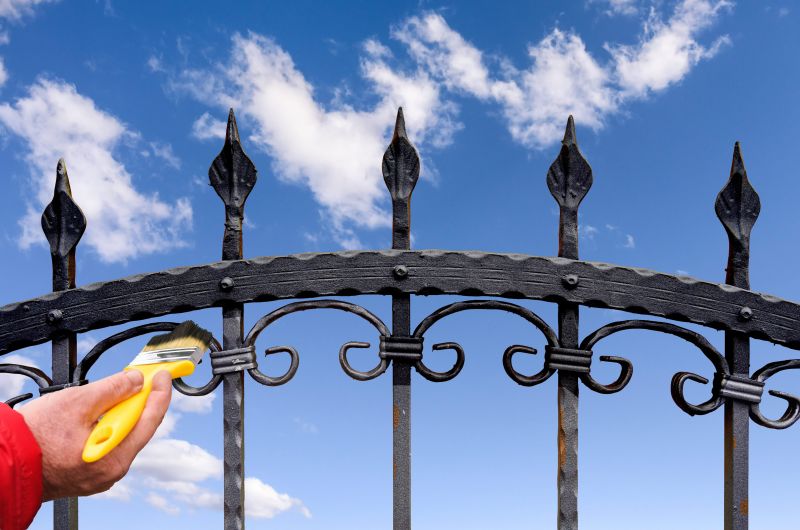
Little measurements that prevent headaches on Galvanized Fence Paintings day.
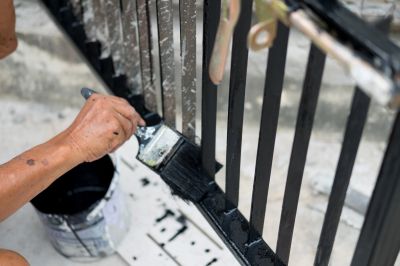
A 60-second routine that keeps Galvanized Fence Paintings looking new.
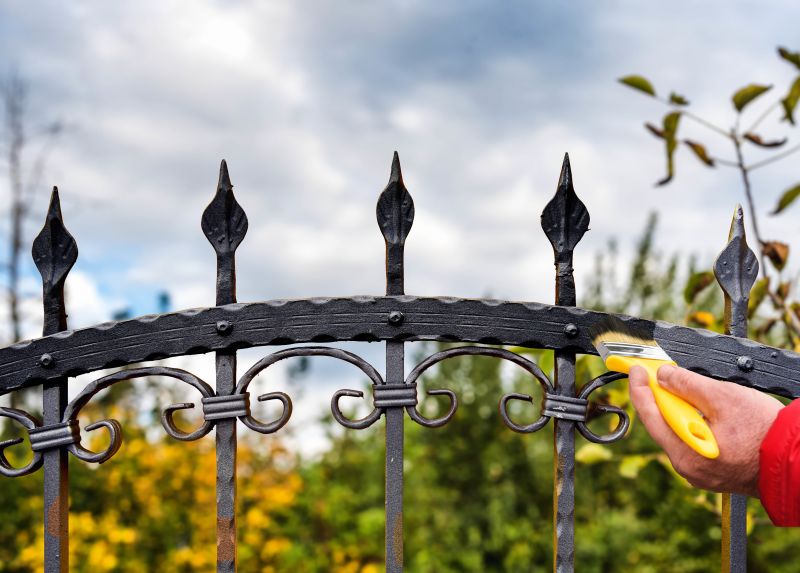
A frequent mistake in Galvanized Fence Paintings and how to dodge it.
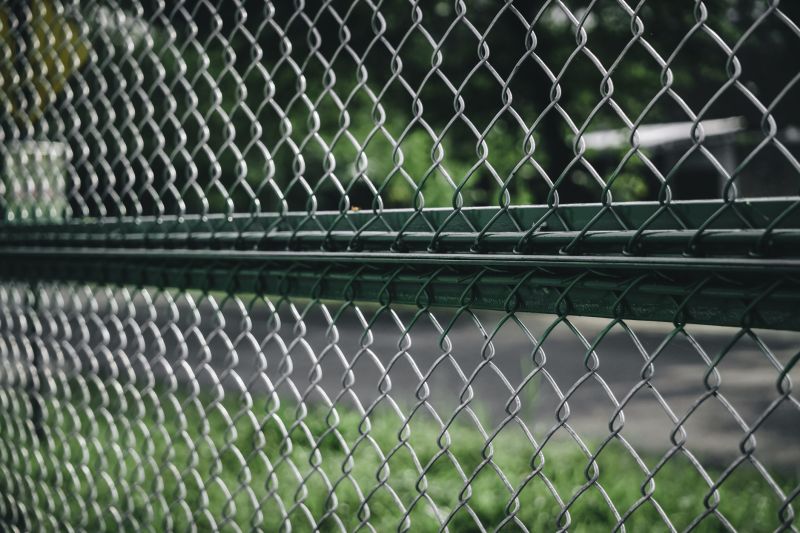
Small tweaks to make Galvanized Fence Paintings safer and easier to use.
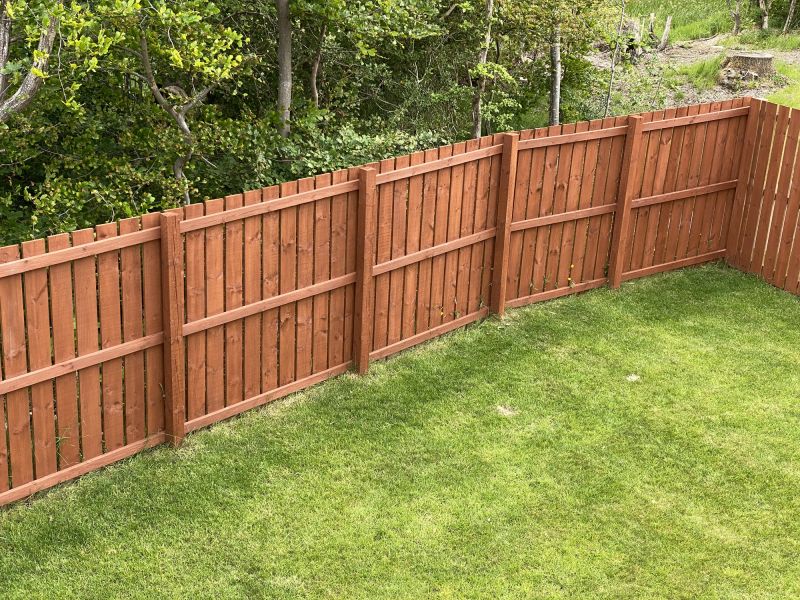
Lower-waste or water-saving choices for Galvanized Fence Paintings.
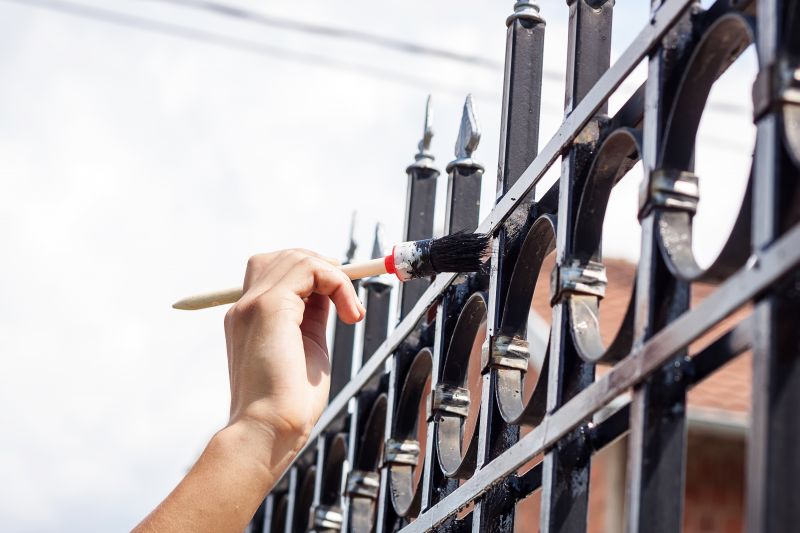
The short, realistic tool list for quality Galvanized Fence Paintings.
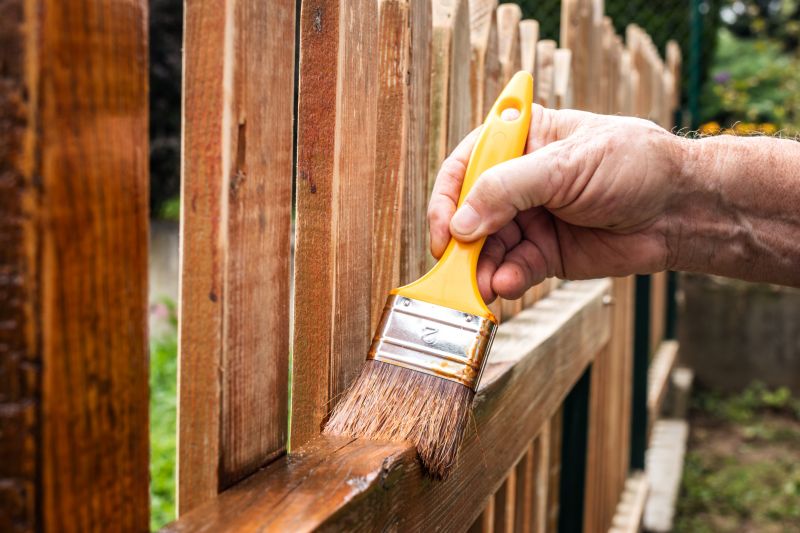
Rough timing from prep to clean-up for Galvanized Fence Paintings.
Galvanized fence paintings require careful timing to maximize adhesion and longevity. Proper weather conditions, including moderate temperatures and low humidity, are crucial for achieving a smooth, durable finish. Avoiding extreme weather prevents common issues such as peeling, bubbling, or corrosion.
Understanding seasonal patterns and monitoring local weather forecasts can significantly improve the success of galvanized fence painting projects. Proper timing ensures that the paint cures correctly and maintains its protective qualities over time.
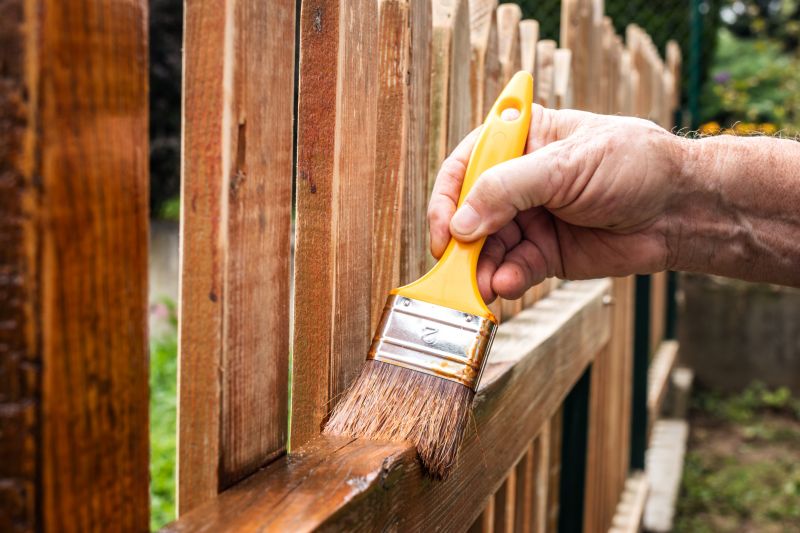
Choosing the right time enhances paint durability and appearance.
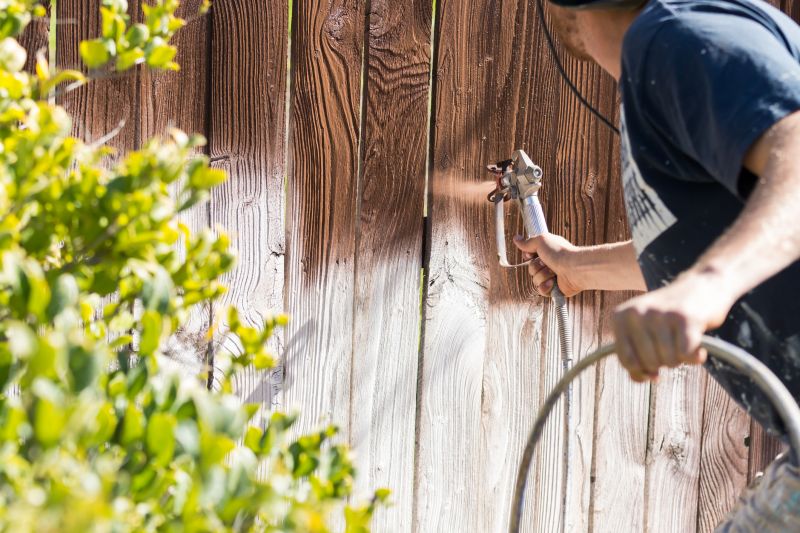
Avoiding moisture and extreme temperatures ensures better adhesion.
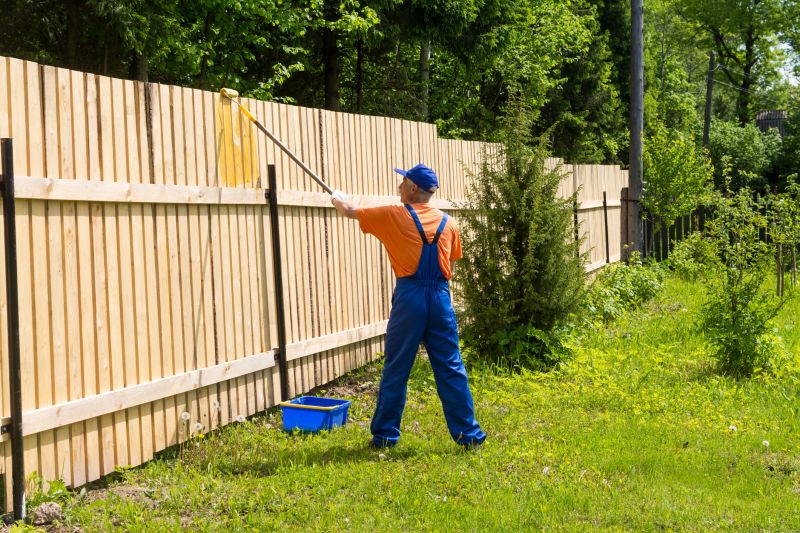
Spring and fall are preferred for their favorable weather conditions.
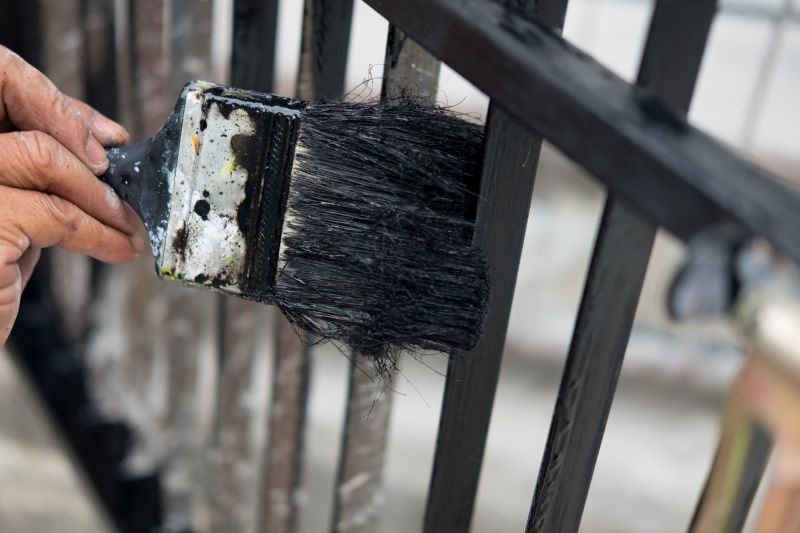
Quick checks and paperwork to keep after Galvanized Fence Paintings.
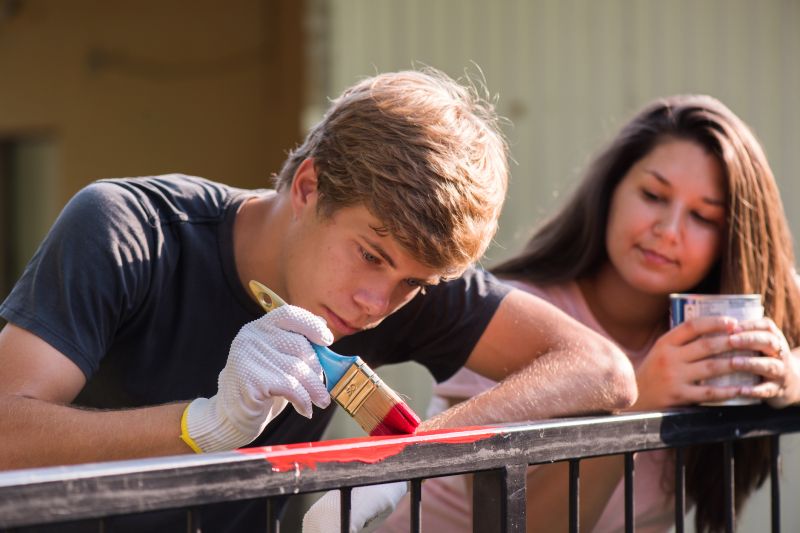
Examples that show the impact a good Galvanized Fence Paintings can make.
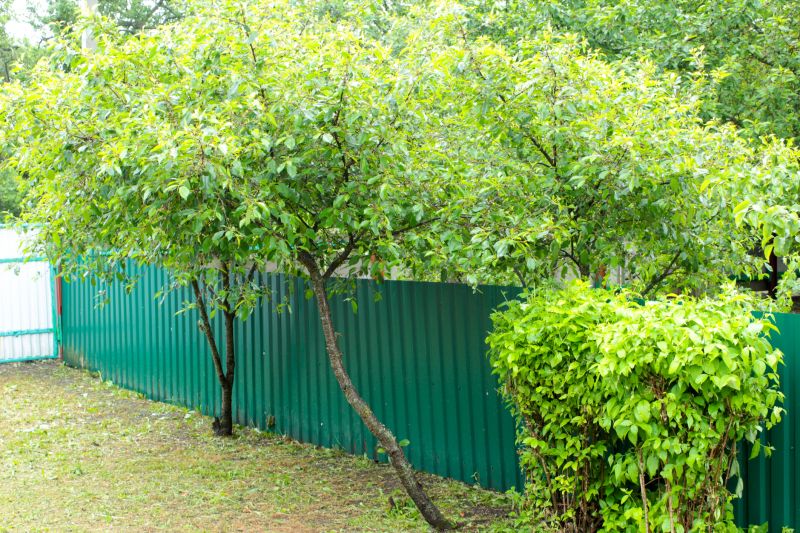
Ways to make Galvanized Fence Paintings work in tight or awkward layouts.
Interested in galvanized fence paintings? Fill out the contact form to get more information or schedule a consultation. Proper timing and preparation can significantly extend the lifespan and appearance of galvanized fences.



